In light of the recent release of the State of Police Reform, we’re sharing some officer’s stories on police reform in our region. These stories are part of the #FiveYearsLater #STL2039 series with Humans of St. Louis.
I come from a line of law enforcement. My grandfather was a sheriff and my mother was a police dispatcher. When I was younger, I remember watching Silence of the Lambs with my mom. After it was over I said, ‘I want to do that. What Jodi Foster did in the movie.’ She was a criminal psychologist trying to figure out why criminals think the way that they do, and find the pieces of the puzzle to solve the crimes. I studied criminal justice in college. My first job brought me to St. Louis at the casino in surveillance. I like social interaction and didn’t like being behind closed doors watching monitors all day. So I started working with the Missouri Board of Probation and Parole as a line officer for seven years. We were trained in the use of force. We carried firearms and pepper spray. I saw so many talented, smart individuals who made mistakes and were trying to figure out their way in life. A lot of them didn’t have a good support system. The resources in our community are not always great. My father was a heroin addict. He was on drugs and in and out of prison pretty much my whole life. So I got upset watching the recidivism. It became a mission of mine to figure out what I could do and what we could do as a community to help fix some of the problems that we’re dealing with.
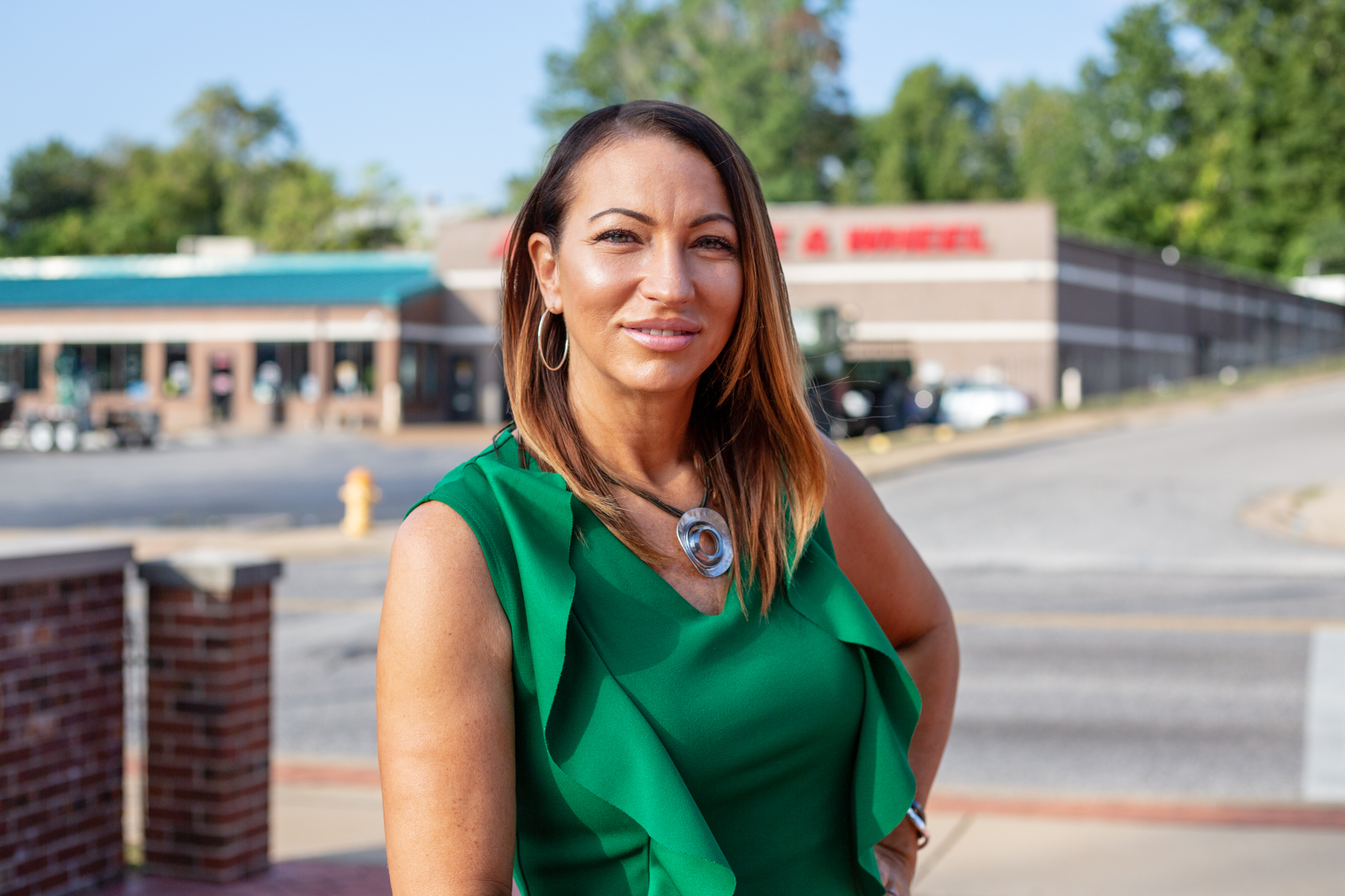
Nicolle Barton, Photostory by Colleen O’Connell Smyth/Humans of St. Louis
When I was a unit manager for Probation and Parole at Lucas and Hunt on West Florissant we served Jennings, Ferguson, Dellwood, Riverview, and parts of unincorporated St. Louis County. It was there that I wrote a curriculum and started the P.E.A.C.E. Program. It was the first in the County geared towards helping chronically unemployed offenders overcome barriers to employment.
We wanted to make it a one-stop-shop. So we taught life skills, everything from money management to parenting classes and relationships. We also had Gateway Free and Clean come in to do a drug education class. If people were using hard drugs, they would have to do intensive drug treatment first. The adult education literacy program was part of it, too, to try and help the guys and girls who didn’t have GEDs. I’ve been gone for almost five years, and that program is still up and running today. Out in the community, people will say, ‘Miss Nicolle, guess what I’m doing now?’ I’m grateful that we were able to set up programming for people to become successful citizens and stop that revolving door.
I then started working with Ferguson 1000 to help people in the community gain employment. We did job readiness programs and had a big hiring event at the Ferguson Community Center. During that event, somebody said, ‘St. Louis City is working on passing this ordinance to do oversight for the police.’ It passed, and the Director of the Civilian Oversight Board position became available, so I put in my application and ended up getting hired.
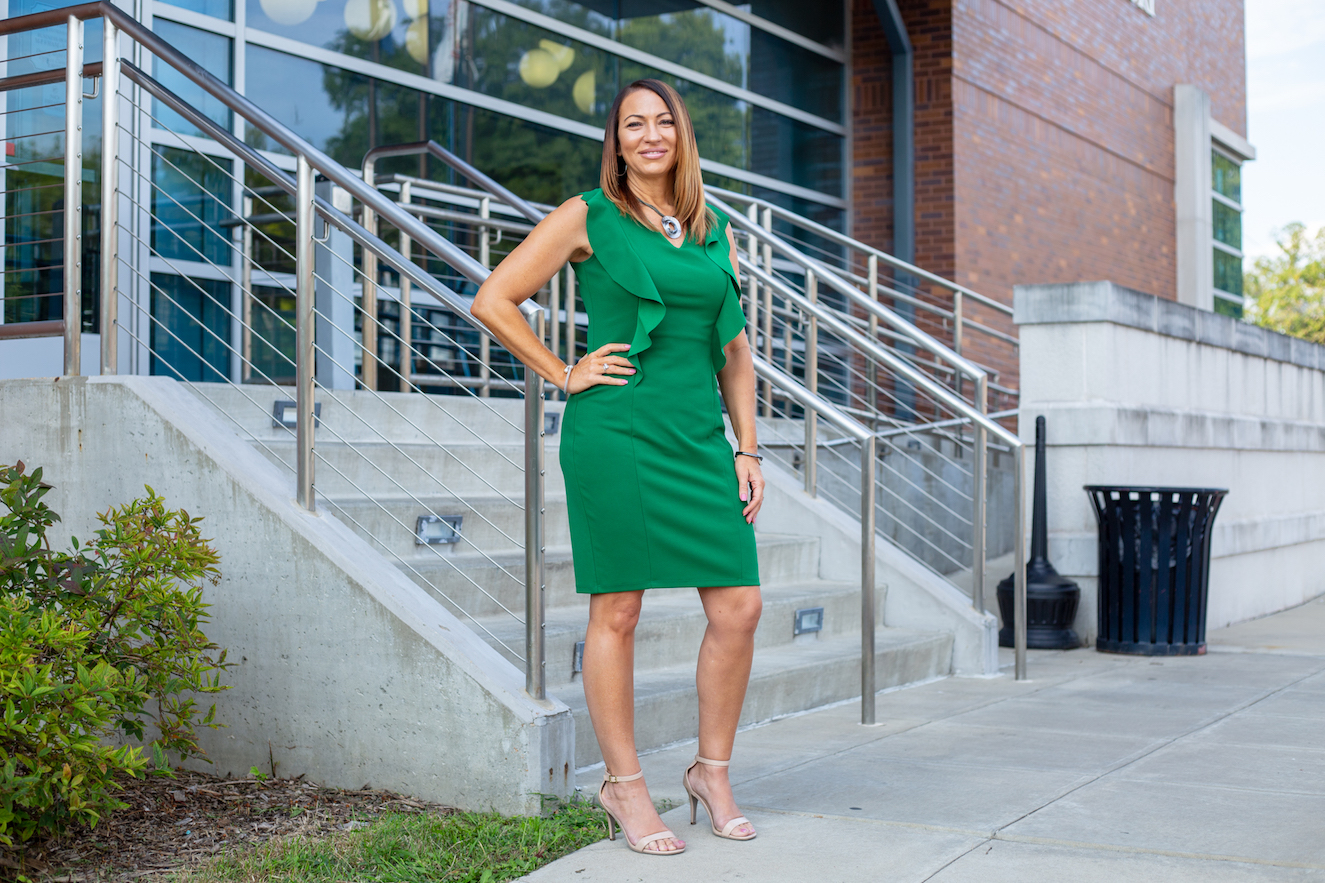
One thing my family knows about me is that when I’m passionate about something, no one can stop me. During the uprising, we received death threats as law enforcement officers. Yet, here I stand. When I took the COB position in St. Louis City, my brother asked, ‘What are you doing? You’re just jumping sides like that? You’re going to have a target on your back. People are going to be looking to take you out.’ I explained, ‘If anything, I’m the one that should be here. I’m cut down the middle. I have family in law enforcement and friends that are activists. I want to make sure we’re doing things fairly.’ He thought about it and was like, ‘Yeah, they got the right person.’
In the beginning, my job was challenging. The St. Louis Police Officers Association was resistant and placed a lot of obstacles in the way. The first time we asked for Garrity statements they filed an injunction to keep us from getting what we needed. Those are statements that officers are compelled to give when they are the subject of a complaint. I said, ‘We have everything else. We have complaint and witness statements. We have audio, video, and police reports. Why wouldn’t you let the people that you say you’re trying to protect share their story?’
In the beginning, my job was challenging. The St. Louis Police Officers Association was resistant and placed a lot of obstacles in the way.
Ultimately, we got some language in the rule changed to explicitly state that we are another city entity. When the ordinance was written, compromises were made on both sides to get legislation passed. There was a lot of vague language in the ordinance that needed clearing up. Yet it was clear that the COB should get all material and everything pertaining to the investigation. The information was protected from being shared with outside entities, but we were city employees. By the time we got to court, it was a moot point. The judge ruled in our favor, and we got the officers’ statements.
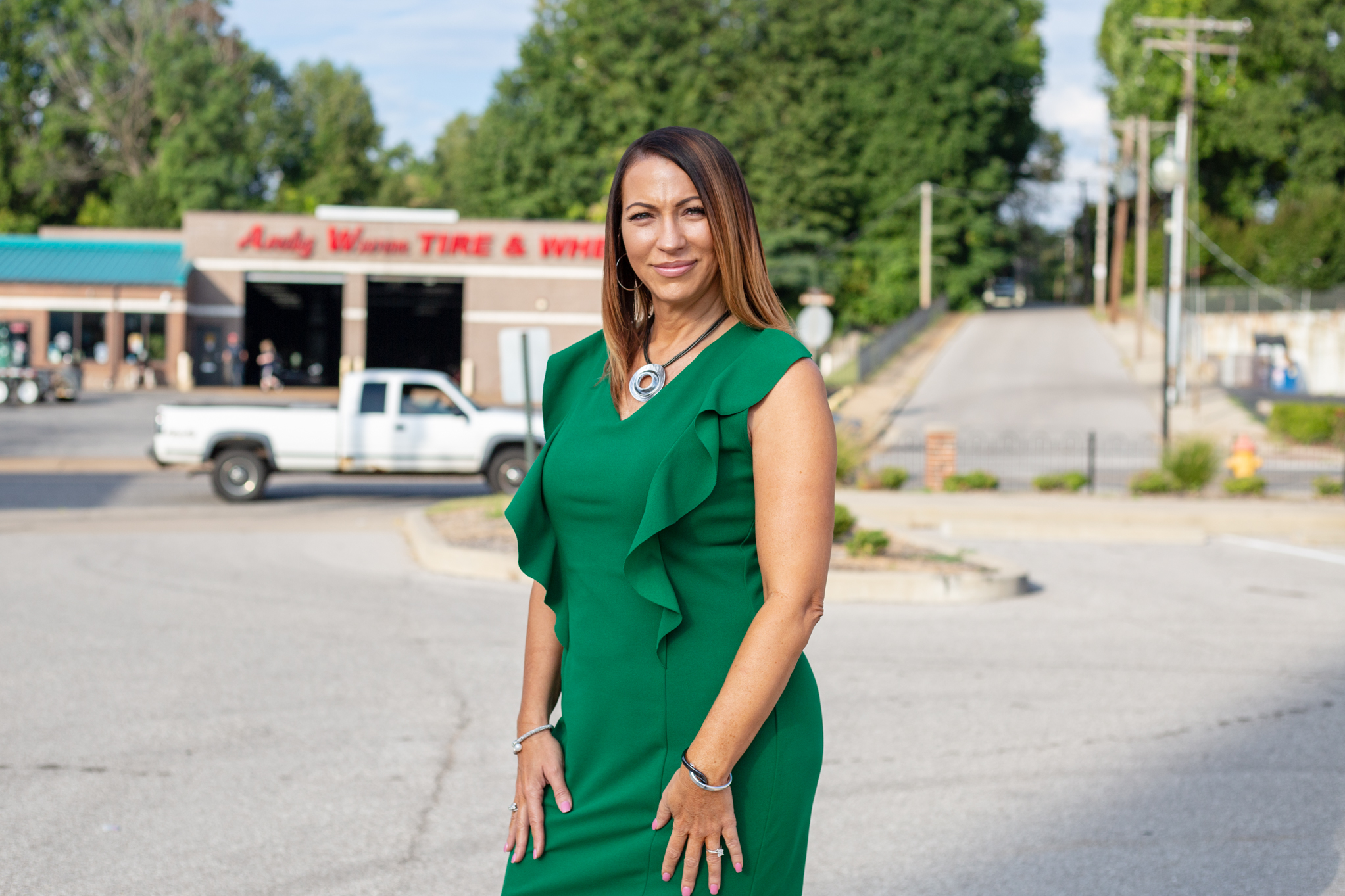
Every complaint isn’t one that the Civilian Oversight Board has to see. Maybe someone is mad because they got a ticket and they don’t think they should have. That’s not what the board was created for. If someone called the police department directly and said, ‘I want to file a complaint,’ the COB wouldn’t get that information. Or, if you and I are partners and out on the streets and I see misconduct, I’m mandated to tell my commanding supervisor. But most oversight agencies don’t get those internal complaints either. So, if there is a use of force complaint and someone goes to the department, it’s not directly shared with us unless we were a part of the complaint process. That was a big concern. I wanted to get all of the use of force and bias policing reports. If the complaint isn’t filed on the specific joint complaint form, we don’t see it. And it has to be filed within 90 days. How were the people who are in our jails going to be able to do that?
So I worked out a process with jails in the City to make it an easy flow. If someone said the magic words, like, ‘I think my rights were violated,’ or ‘Officers used excessive force,’’ caseworkers and correction officers knew to contact me and we would send an investigator over immediately. If it was a valid complaint, investigators would hand them a form and say, ‘You’ve gotta fill this out and give it to us.’ If anyone in the community would call, walk in, or email, we would make sure they knew to get the complaint filed, too. Our alderpeople were versed as well. Sometimes they would reach out and say, ‘This person was involved in an incident. Can you contact them?
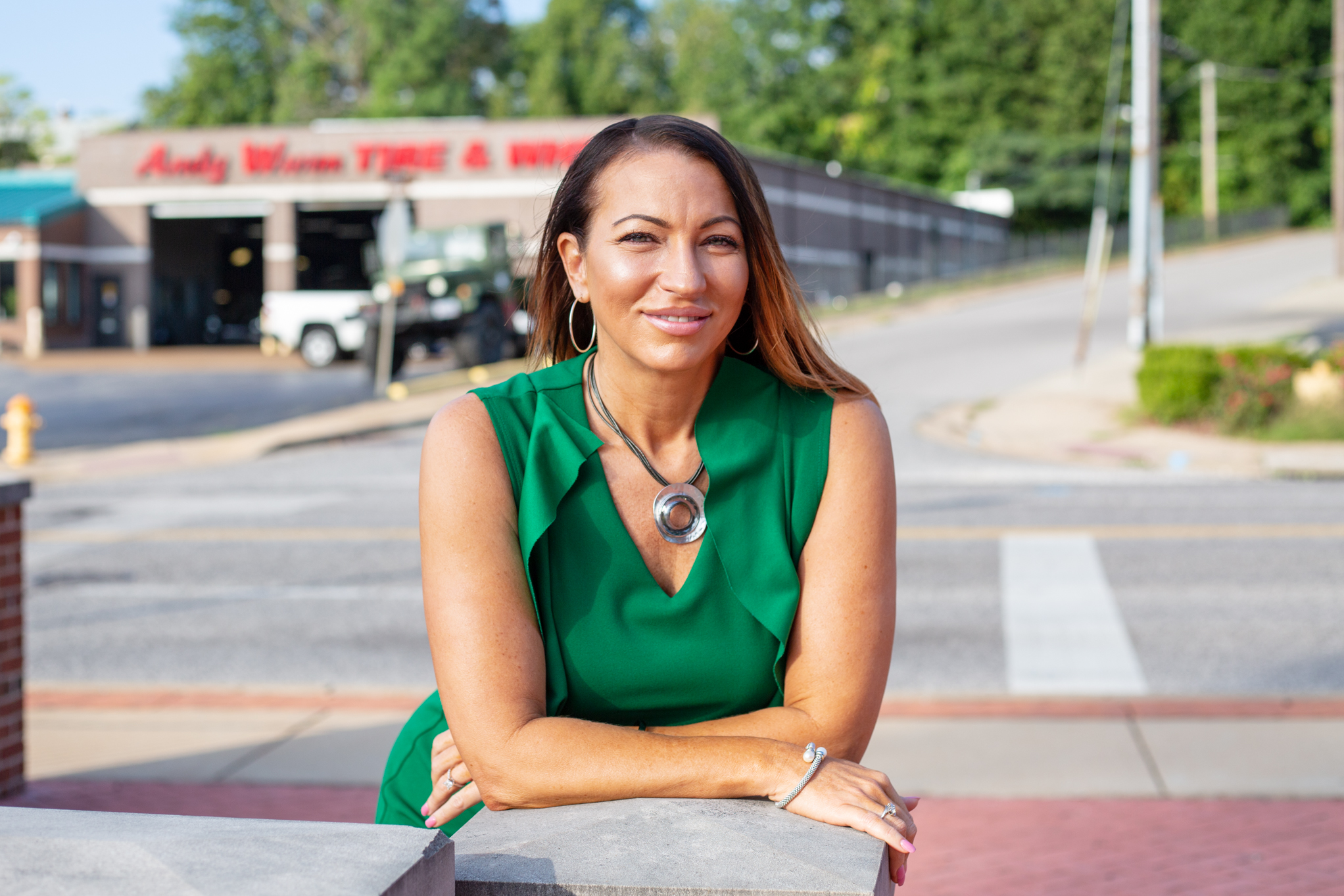
A Civilian Oversight Board had never existed before in our community. There was nobody there to say, ‘This is how we do this, how we keep track of things, how we log our data.’ I literally had an ordinance, a volunteer board, and me. I hired investigators and a legal secretary. We wrote policies and procedures about how we were going to do everything from intake to closure of complaints. We worked with internal affairs divisions to help change the way that they were doing work. I immediately became a member of the National Association for Civilian Oversight of Law Enforcement, which was helpful because it gave me space to bounce ideas off of people. I didn’t want to reinvent the wheel. I just wanted to figure out how to do it and how to do it well.
A Civilian Oversight Board had never existed before in our community. There was nobody there to say, ‘This is how we do this, how we keep track of things, how we log our data.’ I literally had an ordinance and me.
Year two, we were at the national conference and the day that we got back was the non-indictment decision for Jason Stockley. Here we were again, the subject of protesting in the community. We decided to strike when the iron was hot. That’s when we got our second big win: subpoena power, which would allow us to get information that we might not normally be able to get. Let’s say a complainant says, ‘An incident happened at this QT, and they have cameras.’ QT is a private entity that doesn’t necessarily have to turn their video over. Do they cooperate with police departments? Ninety-nine percent of the time. In the event that they wouldn’t want to, subpoena power would allow us to go to the court and say, ‘You’ve gotta turn that video over.’ Anything that the department wouldn’t be able to obtain as part of their investigation, we would be able to get.
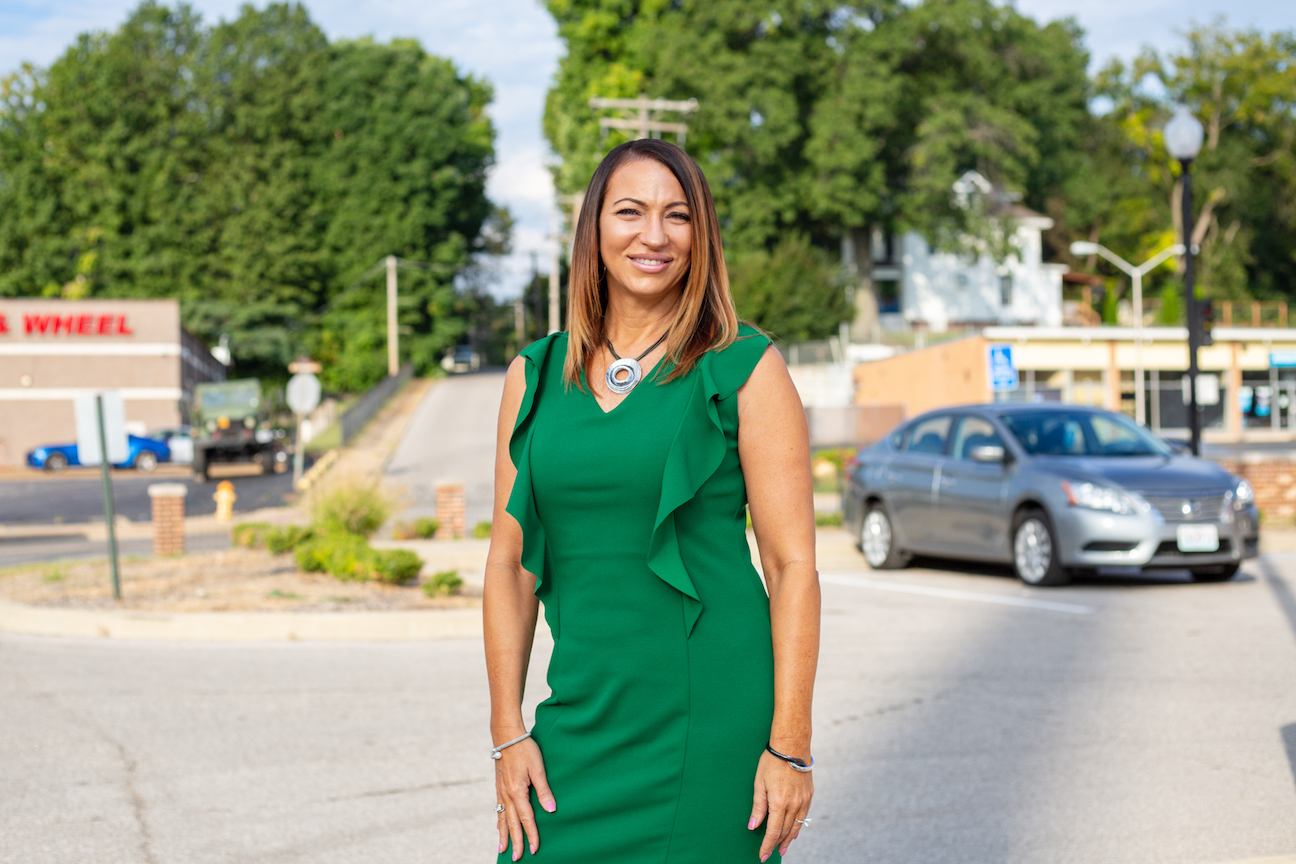 I was used to working with people with a lot of different personalities and objectives. But as the director, you work with people that are from the furthest on the right to the furthest on the left. Being able to balance that and to keep the goals of the organization in line was not the easiest. I had a rapport with people in the activist community and with people in law enforcement. That’s the mindset you have to have the whole time.
I was used to working with people with a lot of different personalities and objectives. But as the director, you work with people that are from the furthest on the right to the furthest on the left. Being able to balance that and to keep the goals of the organization in line was not the easiest. I had a rapport with people in the activist community and with people in law enforcement. That’s the mindset you have to have the whole time.
We can work on police reform all day, but what we ultimately have to do is work on a mindset and behavioral change.
In my heart, I’m an activist, too. I want this world to be kind, and loving, and for people to be treated fairly. I have friends that are able to go out in the streets and protest and do all of that. But I have this job to do now and it’s behind closed doors with a paper and a pen, working with people to figure out how we come up with solutions to fix problems. We can work on police reform all day, but what we ultimately have to do is work on a mindset and behavioral change.
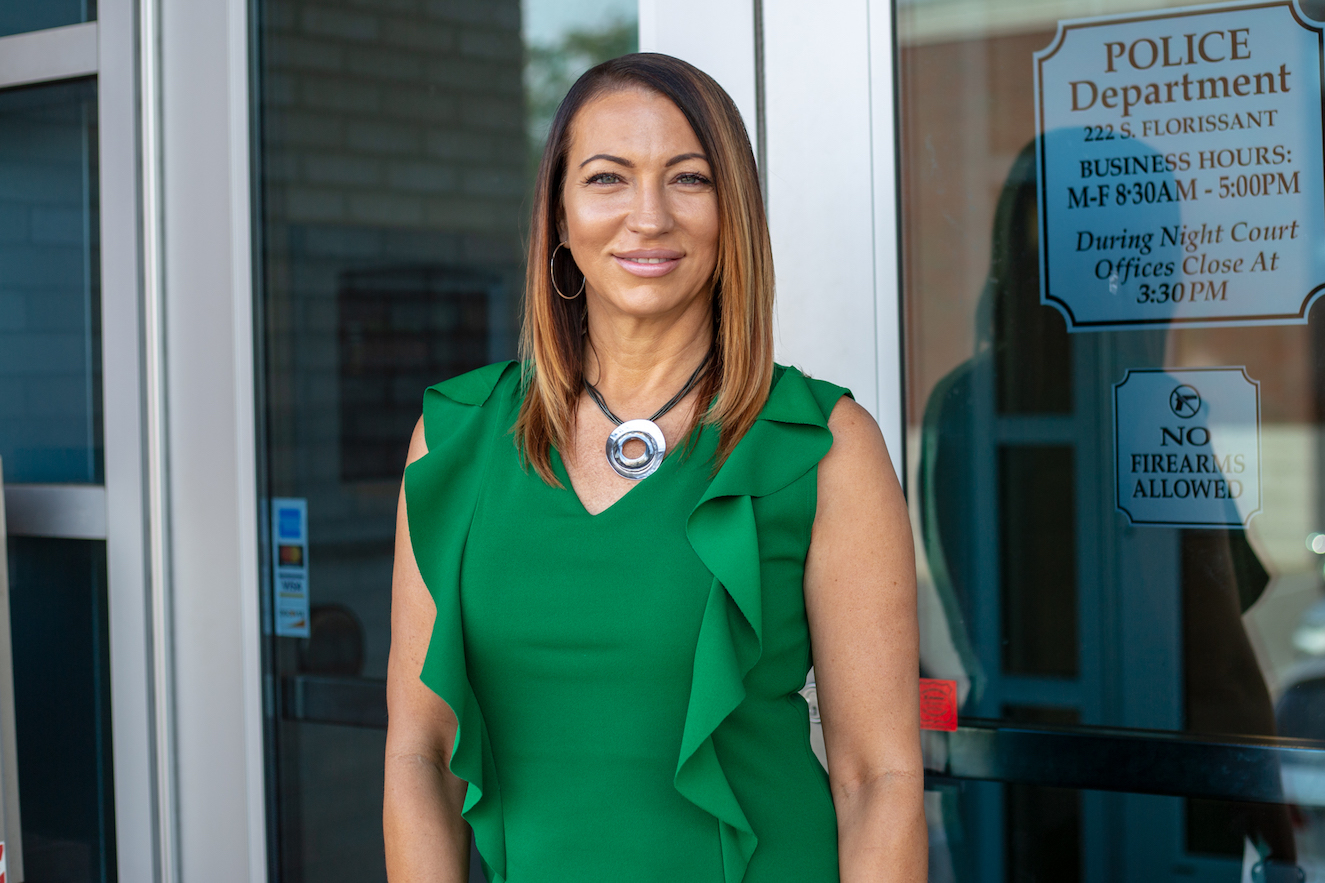
I’m a Crisis Intervention Officer. I learned how to deal with people that have mental health issues or disabilities. As a supervisor, I had other people in my same rank. One was a guy who was strong and commanding in his presence and voice because he was in the military. When people would come in irate, 99% of the time they would call me to handle the situation. I could say, ‘What’s wrong? Tell me what’s got you so upset.’ Sometimes people just want to vent and be heard. Another supervisor might say, ‘Lower your voice. Come back when you’re ready to talk.’ That’s not the way that I handle situations.
Departments across the nation are working on policy revisions and figuring out that things don’t have to be done a certain way just because they’ve been that way for so long. Some veteran officers will say, ‘We’re becoming social workers.’ I say, ‘No we’re not. You just have to be able to put on a social worker hat sometimes. You still have a job to do, and your job is to make sure people are safe and take an active role in community-oriented policing.
I was teaching classes for new recruits in the City of St. Louis about civilian review and good communication skills. Every officer is one event away from a crisis situation. If you don’t handle things a certain way, it can always go bad. Are there bad people we live in the community with? Of course. People that we have to arrest and they have to go to prison? Yes. But, on average, if you have good communication skills and you can say, ‘ma’am’ and ‘sir’ and ‘please’ and ‘thank you,’ that can easily change the way an interaction goes.
Every officer is one event away from a crisis situation. If you don’t handle things a certain way, it can always go bad.
After 18 years, I’ve never had an incident where I had to pull out my weapon. I tell officers the same thing. Should you say, ‘Get the “expletive” out of the street?’ Or can you say, ‘Sir, you’re impeding traffic here and I don’t want you to get hurt, so can you get out of the street and walk on the sidewalk for us?’ Teaching officers a different mindset can be a little challenging. But if we get in early and use best practice standards in training, we’re hoping they’ll use them on day one and it will keep our officers and community safe.
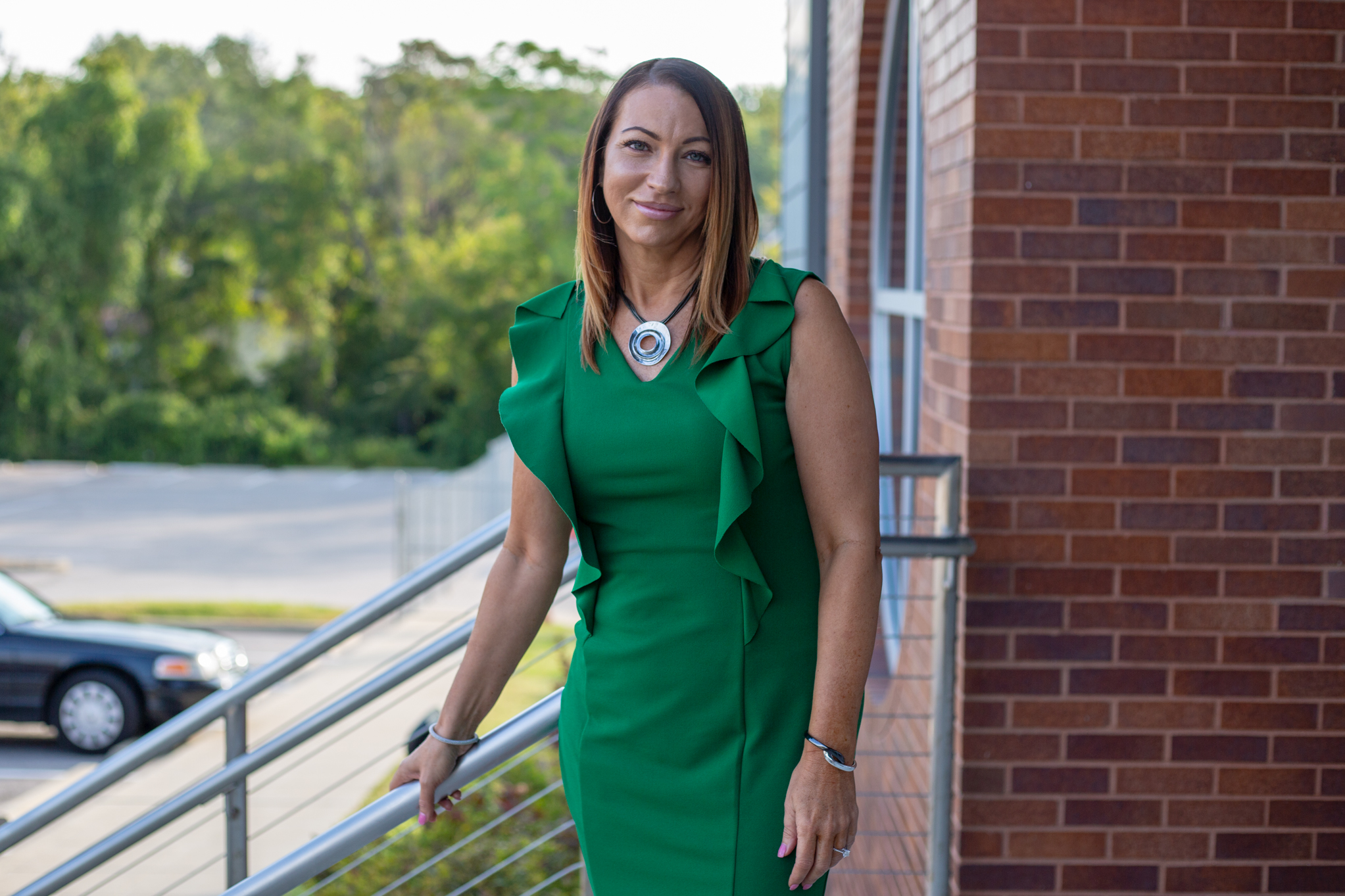
I felt like I things were going well at the Civilian Oversight Board, and I wanted to see it through. Then I got a phone call from a friend who told me that Ferguson had a Consent Decree Coordinator position open. I went online and it said ‘Temporary, two to three years.’ Two other people called me, so I was like, ‘Okay, God. What are you telling me here?’ Ferguson has always had this special place in my heart because I was here and invested in this community at the time of the uprising. So I decided to apply. Some time passed by, and I hadn’t heard anything back. They hired the new police chief, and shortly after I got a call. I’m now the liaison between the DOJ, the Federal Court, and the City of Ferguson. It’s my job to make sure that all of the entities within the Consent Decree are in compliance. The courts are almost fully compliant, so that makes my job easier. But we have work to do in the police department. They have been short-staffed and in between chiefs. The new chief seems like he’s fair and open-minded, all about accountability. He is bringing a lot of great ideas to the city. My job is to make sure that the ball doesn’t get dropped with the Consent Decree and that we’re on schedule, moving, and consistent. There are a lot of moving parts. There are things that make me hopeful, too.
I want the City of Ferguson to be a model for others.
When I worked in probation and parole, there were five Black officers in the Ferguson Police Department. Now it’s over 50%. The police department should look like the community. If the community is 60% Black, the police department should be 60% Black. We’re moving in the right direction. I want the City of Ferguson to be a model for others. I want other cities to say, ‘Look where Ferguson was and where it is now. Look at the diversity, and look at how they all work together for the good of the community. Look at how their policing has changed. We could all use a lesson from Ferguson.’ We’re working on changing the narrative.

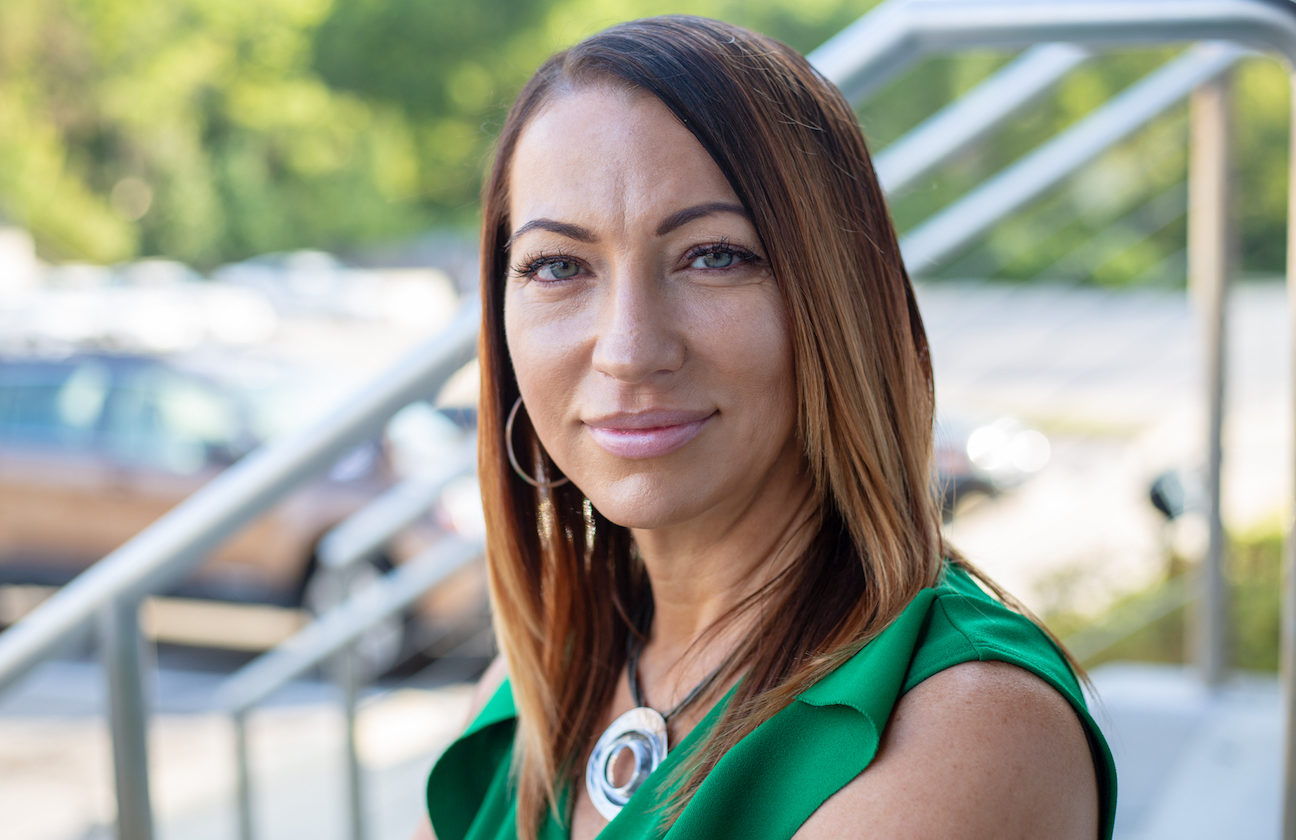
#FwdThruFerguson